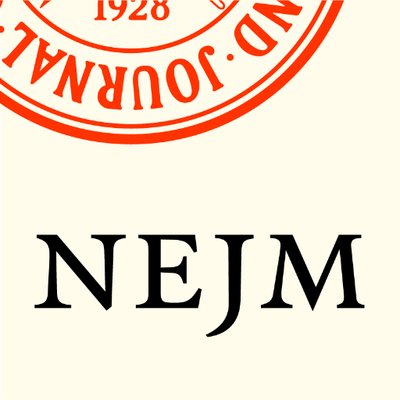
Zoologists are up in arms that a leading taxonomy journal is being called out for excessive self-citation and being denied an Impact Factor.
Last week, Clarivate announced that it was suppressing 33 journals from its Journal Citation Report, which would mean no Impact Factor for those journals, because of high levels of self-citation that distorted journal rankings. One of those journals was Zootaxa, which since 2015 has published more than a quarter of all newly described taxa in the literature.
Denying Zootaxa an Impact Factor — which is used, for better or for worse, by universities and other institutions to determine whether a journal is worthy of publishing in — is unfair and damages the field, taxonomists said this past week.
For example, Wayne Maddison, a professor of botany and zoology at the University of British Columbia in Vancouver, tweeted:
Continue reading Indexer “obviously made a mistake” in sanctioning taxonomy journal, says editor






